You don't need religion to have morals. If you can't determine right from wrong then you lack empathy, not religion
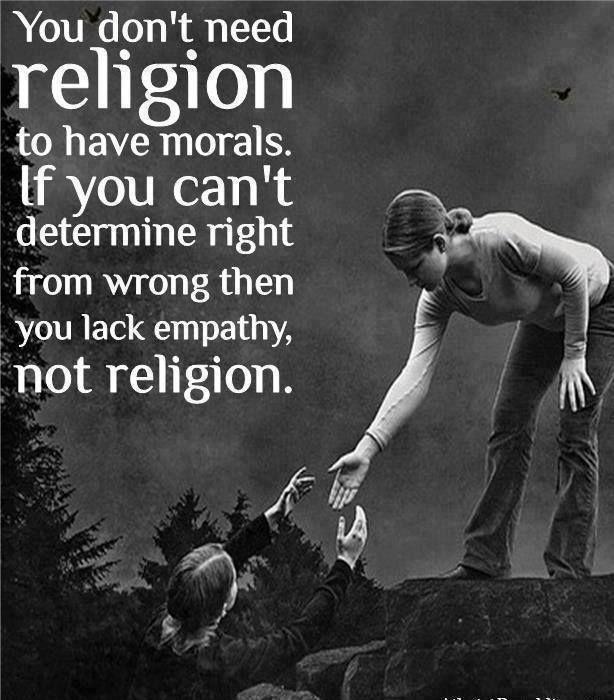
You don't need religion to have morals. If you can't determine right from wrong then you lack empathy, not religion
Morality is a complex concept that has been debated and discussed for centuries. Many people believe that religion is necessary for individuals to have a sense of right and wrong, but others argue that morality can exist independently of religious beliefs. The statement, “You don't need religion to have morals. If you can't determine right from wrong then you lack empathy, not religion,” encapsulates this debate perfectly.Empathy is the ability to understand and share the feelings of others. It is a fundamental aspect of morality, as it allows individuals to consider the impact of their actions on others and make decisions that are considerate and compassionate. Without empathy, it can be difficult for individuals to determine what is right and wrong, as they may not fully understand or appreciate the consequences of their actions on others.
Religion has often been seen as a source of moral guidance, providing individuals with a set of rules and principles to follow in order to lead a virtuous life. However, many argue that morality can exist independently of religious beliefs. In fact, some of the most moral and ethical individuals in history have been atheists or agnostics who have based their moral compass on empathy, compassion, and a sense of justice.
It is important to recognize that morality is a complex and multifaceted concept that is influenced by a variety of factors, including culture, upbringing, and personal experiences. While religion can certainly play a role in shaping an individual's moral beliefs, it is not the only factor at play. Empathy, in particular, is a crucial component of morality, as it allows individuals to consider the perspectives and feelings of others when making decisions.
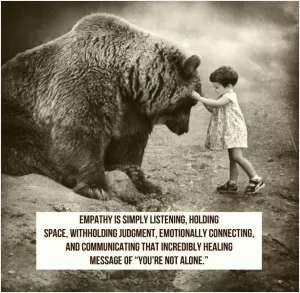

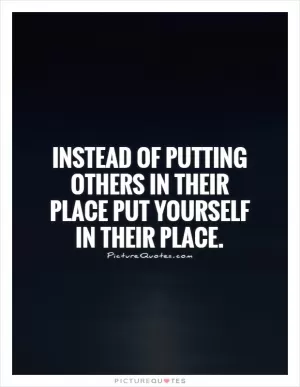

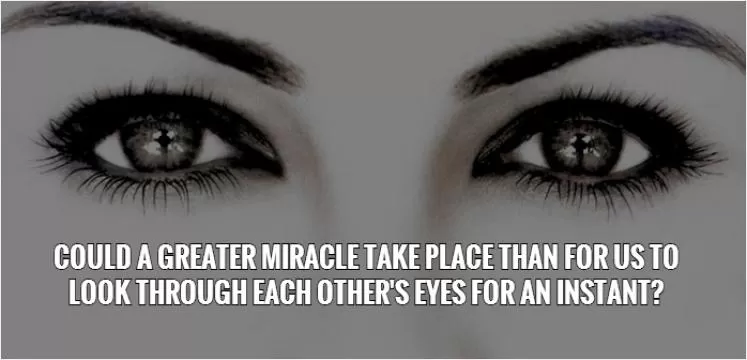
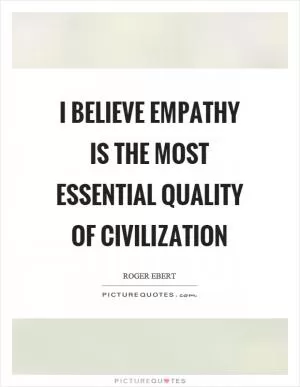
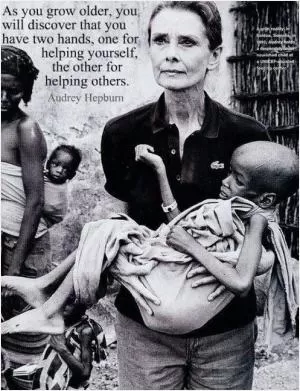
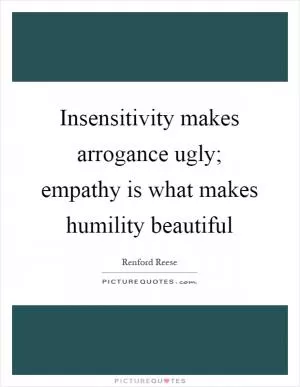
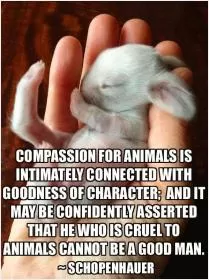
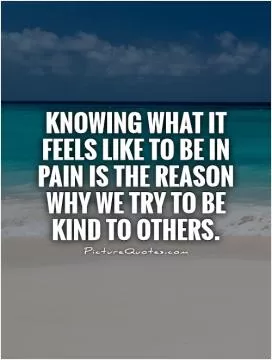
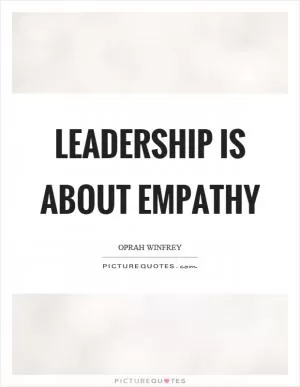
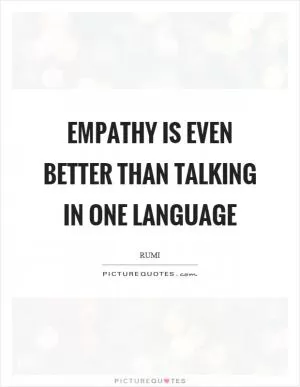
 Friendship Quotes
Friendship Quotes Love Quotes
Love Quotes Life Quotes
Life Quotes Funny Quotes
Funny Quotes Motivational Quotes
Motivational Quotes Inspirational Quotes
Inspirational Quotes